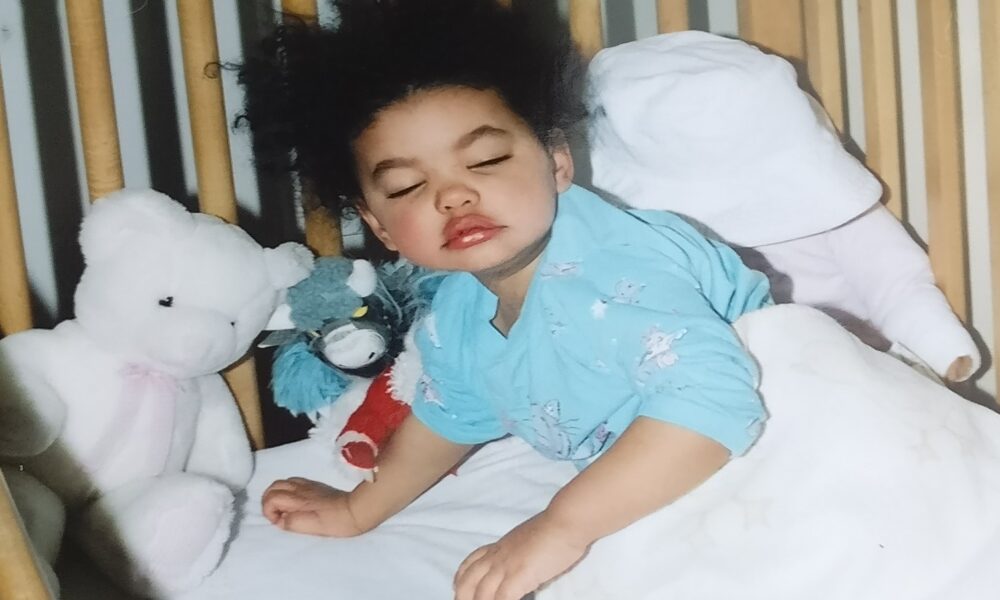At the end of sixth grade—a year fraught with the kind of drama only 11-year-old girls can come up with—I made a promise to myself: No more talking shit. I do not think I ever really thought I was going to follow through with it. It was the kind of “new year, new me” resolution that we tend to discard after two weeks. Somehow I found myself taking on my new mantle of optimism with a serious sense of commitment.
For the next two years, I refused to engage with anything I considered negative. When my friends got into fights, I put my hands over my ears and proclaimed myself neutral. When asked to do something I did not like, I sucked it up and put a smile on my face. Sure, I let the odd complaint slip to my best friend if the task was particularly heinous, but all in all, I remained positive. Much to my surprise, my newfound pledge of positivity did not bring me the freedom or moral privilege that I desired: Instead, all those negative feelings began to build up. Two years of listening to my friends’ complaints about stupid problems, acquiescing to every monotonous school project, and silently dealing with the ever-present anxiety of high school fast approaching gave me a constant pit in the bottom of my stomach.
The solution? Embrace being a hater. Haters get a bad rap. To be fair, this is unsurprising given that identifying yourself with “hate” more likely sparks apprehension or animosity than goodwill, but I think this is a mistake. People tend to associate haters with those who claim to be devil’s advocates. In reality, we haters stand in a category of our own. Where the devil’s advocate raises nasty, spiteful points just for the sake of starting an argument, the hater simply embraces their own personal preferences—refusing to ride the train of toxic positivity.
Adopting this philosophy, my newfound freedom allowed me to expand my interests, explore new passions, and rid myself of the self-imposed constraints that coloured my middle-school years. This outlook became particularly helpful when I started my first year at McGill.
Starting in September 2020, everyone was particularly desperate for human interaction. The phase at the beginning of the semester when you’re expected to say hello to anyone you end up stuck in the elevator with—the questions of “Where are you from?” and “What’s your major?” seemed endless. It was all too easy to get stuck in the pit of social convention and false niceties, saying yes to every plan that was offered to avoid the terrifying fate of being stuck with no friends. I quickly found myself all too close to reverting to my middle-school self—a horrifying thought.
One night changed all this when, at an event that I never wanted to go to in the first place, someone told me that their favourite artist was The Chainsmokers. It sparked an important question in me: Why was I pretending to be into the most repetitive, asinine music I knew, to appeal to someone I clearly had nothing in common with?
Now, to be clear, I’m not saying there’s anything wrong with liking The Chainsmokers, if that’s your vibe. I’m also not saying you should scorn everyone whose interests differ from yours. Rather, you should allow yourself to feel your hate. You are under no obligation to sit through a movie you find dull and monotonous, or listen to an album by an artist whose voice you think is weak and annoying, nor—perhaps most controversially—do you need to suffer through conversations with people you don’t like.
Being the bigger person is overrated. It doesn’t do anyone any good to feign appreciation, simply for the sake of propriety. So next time someone in your conference begins a sentence with “just to piggyback off of that,” or you hear someone raving about the latest low-budget Netflix drama, allow yourself the simple pleasure of talking shit with a friend.









